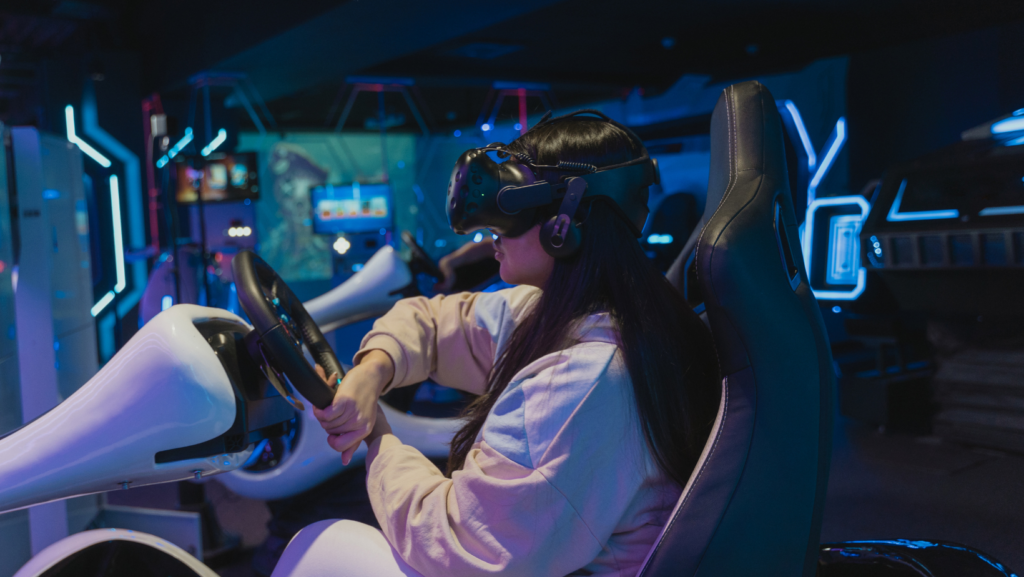Most people think games need explosions, car chases, or epic fantasy quests to be exciting. But some of the most engaging experiences come from the weirdest places. Who knew that managing a paperclip factory or raising virtual fish could be just as addictive as saving the world?
Underwater Adventures Beyond the Obvious
Casino games used to stick with traditional themes like fruit machines and card tables. But online gambling has gotten creative with aquatic themes that dive much deeper than expected. You can explore fish themed games that transform simple shooting mechanics into strategic gambling experiences where every shot costs real money and bigger fish mean bigger payouts.
Fish shooting games have become huge in online casinos, especially in Asian markets. Players use virtual cannons to catch different fish species, each worth different point values. The twist? You’re betting real money on your shooting skills. Miss too many shots and your bankroll disappears fast. Hit the rare golden fish and you could walk away with serious cash.
These games blend skill and luck in ways traditional slots can’t match. You’re not just spinning reels and hoping – you’re aiming, timing your shots, and making split-second decisions about which targets are worth the ammunition cost. Some fish move fast but pay less, while others swim slowly but offer massive multipliers if you can land the hit.
The strategy goes deeper than just point-and-shoot. Experienced players know which fish to ignore during certain bonus rounds, when to switch weapons for maximum efficiency, and how to manage their bet sizing based on the current fish patterns on screen. It’s gambling disguised as an arcade game, and the skill element makes players feel more in control of their fate.
The Surprising Appeal of Mundane Jobs
Farming simulators paved the way for workplace-themed games that somehow make tedious jobs fun. But developers didn’t stop at crops and livestock. Now you can experience the thrill of operating heavy machinery, managing a post office, or even running a prison.
Papers, Please turned border control into one of the most critically acclaimed indie games ever made. You stamp passports and check documents, but every decision carries moral weight. It’s bureaucracy with consequences, and it works because the mundane task becomes a vehicle for bigger themes.
Truck simulators have built massive communities around long-haul driving across virtual Europe and America. Players spend real money on digital truck customizations and compete for the best fuel efficiency ratings. What started as a niche curiosity became a legitimate esports category.
Food and Cooking: More Than Just Recipes
The video gaming market in the US is projected to surpass 113 billion U.S. dollars, and a surprising chunk of that comes from food-themed games. Cooking games have evolved from simple recipe-following into complex time management and strategy experiences.
Overcooked turns cooking into cooperative chaos. You’re not just following recipes – you’re coordinating with teammates, managing limited counter space, and dealing with kitchens that literally fall apart around you. The food theme becomes a backdrop for intense teamwork and communication challenges.

Cook, Serve, Delicious takes a different approach, focusing on speed and precision rather than cooperation. Each order becomes a quick-time event where muscle memory and pattern recognition matter more than actual cooking knowledge. The satisfaction comes from hitting that perfect rhythm during the lunch rush.
Restaurant management games add another layer by combining cooking with business strategy. You’re not just making food – you’re designing menus, hiring staff, and dealing with difficult customers. The food theme provides a familiar framework for complex economic gameplay.
Transportation Gets Weird
Everyone knows racing games, but transportation-themed games have gotten much stranger than just fast cars and motorcycles. Train simulators have developed dedicated followings among people who genuinely enjoy the methodical process of following timetables and managing railway systems.
Flight simulators have been around forever, but newer transportation games explore weirder vehicles. There are entire games built around operating cranes, driving buses through city traffic, and even piloting spacecraft on routine cargo runs. The appeal isn’t speed or excitement – it’s mastery of complex systems and the satisfaction of completing difficult maneuvers.
Some games focus on the infrastructure side instead of the vehicles themselves. Cities: Skylines turned urban planning into mainstream entertainment, while other titles let you design everything from subway systems to airport layouts. The transportation theme provides clear, understandable goals within incredibly deep simulation systems.
Cleaning and Organization: The Unexpected Hit
PowerWash Simulator became a surprise hit during the pandemic, and for good reason. There’s something deeply satisfying about watching dirt disappear under a steady stream of virtual water. The game taps into the same impulses that make organizing closets or cleaning desks feel rewarding.
Unpacking takes organization to an artistic level. You’re literally just unpacking boxes and arranging items in rooms, but each object tells a story about the person who owned it. The mundane act of putting things away becomes a narrative experience about life transitions and personal growth.
These cleaning games work because they provide clear, measurable progress in a world where most achievements feel abstract. You can see exactly what you’ve accomplished, and there’s always more to do. The repetitive nature that might seem boring in real life becomes meditative in a game context.



